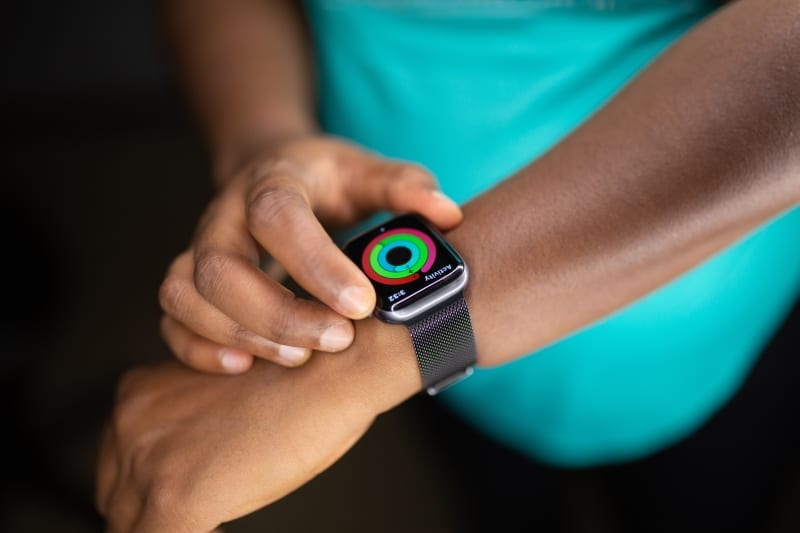As we settle into a new normal for events – and ways to minimise the risks they carry – several trends are emerging. The Planner investigates some of the biggest ones we can expect to see in the new year.
1. Hyrbid is here to stay
Over the past eight months, the events sector has scrambled to find ways to bring people together that don’t require large gatherings. The result has taken us into the digital dimension. This has ranged from 100% virtual events to hybrid ones which link smaller event ‘hubs’ through an online platform, while also virtually linking up with remote delegates.

This experience has taught us many truths about events: That we far prefer meeting in-person. That hosting an event virtually allows a greater reach and is a more inclusive format. That technology is both an enabler and, at times, a stumbling block when it comes to connecting people.
Going into 2021, we expect that hybrid event formats will continue to grow as they offer the best of both worlds. And they are an ideal way to manage the risk of possible in-person event cancellations, due to COVID-19.
Once we find a way to remove the risk of COVID-19, large face-to-face events will definitely re-emerge, bigger and better than ever before. But hybrid and online formats will likely take their place in the event planner’s toolbox. The difference is that an event format will be determined by its purpose rather than external factors.
2. Now’s the time to break the rules
Spot Me has found that on-demand content has a greater uptake than live virtual content. This realization has led to many event planners breaking up events and event-related content into smaller bite-sized chunks that can be consumed across flexible timelines. This keeps communities engaged and connected, while also being an effective marketing tool for bigger events.
Expect more twists and tweaks to event formats, as we move away from traditional ones that worked well in the past but which don’t make as much sense now.
3. The rise of the VIP experience
When events are able to be held face-to-face, they tend to be smaller, localized and within shorter time frames. These restrictions all help to lower the risk profile of an event. They are also the perfect ingredients for exclusive, VIP-styled events – not least because they give planners an opportunity to pay attention to each guest and personalize their experience.
These features make attending an event more appealing – a FOMO feature that planners can use to get the up-take that they need.
4. Health and wellbeing is as important as ever
Living through a pandemic has made us all very aware of our health. Tracy Stuckrath, a food safety and allergies expert and the owner of Thrive! Meetings and Events, believes this means events are going to serve healthier menus. Think immune boosting meals with lots of plant-based dishes.

Locally sourced ingredients and artisanal options will also be on many chef’s wish lists, as they will be fresh, more readily available, and support local businesses.
5. Technology becomes ever-more indispensable
Tech is the trend that never goes away. Innovations keep emerging to provide adaptive solutions to new problems.

COVID-19 is no different, and technology has given us many solutions to limit its spread. Hybrid and virtual event platforms are rapidly improving to offer more sophisticated solutions. Meanwhile, tech at events can help to reduce physical touchpoints. For example: contactless, paperless registrations (think facial recognition scans); motion sensors to open doors; and real-time communication through event apps. Wearables are also being used in new ways, such as to warn delegates who are not maintaining the correct physical distance, monitoring body temperature, and timely tracking and tracing.
What other trends have we missed that you expect to see in 2021? Tell us about them, we’d like to know.




